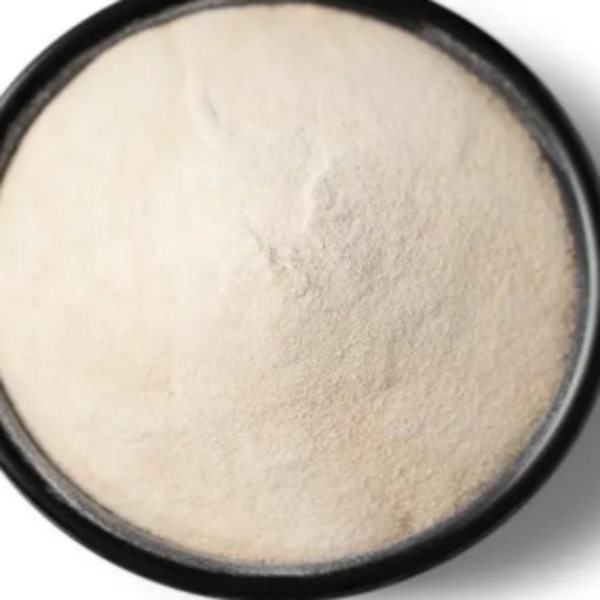Walk into any gym, and you’ll likely hear the same advice: “Whey protein is king for muscle gain.” But as more athletes embrace plant-based diets, a question arises: Can isolated soy protein (ISP) challenge this reign? Let’s dive into the science of this popular vegan protein source and how it fits into modern fitness nutrition.
What Makes ISP a Quality Protein?
Isolated soy protein stands out in the plant kingdom as a “complete protein,” meaning it contains all nine essential amino acids your body can’t produce on its own. Its quality is backed by science—ISP scores a perfect 1.0 on the PDCAAS (Protein Digestibility Corrected Amino Acid Score), the gold standard for protein evaluation. This puts it on par with egg whites and even above beef, which scores 0.92 . With a protein content of over 90% (dry weight), ISP delivers a concentrated nutrient punch without the lactose found in dairy proteins, making it ideal for lactose-intolerant athletes .
However, not all proteins act the same in the body. ISP is absorbed at a rate of approximately 3.9 grams per hour, slower than whey protein’s 8–10 grams per hour . This slower absorption isn’t necessarily a drawback—it provides a steady stream of amino acids, which can be beneficial outside of immediate post-workout windows.
ISP vs. Whey: The Muscle Growth Debate
Research highlights key differences in how these proteins support muscle. A McMaster University study found that milk proteins (including whey) promoted twice as much muscle gain as soy protein over 10 weeks of resistance training . Another study with elderly men showed that 20g of ISP didn’t stimulate muscle protein synthesis as effectively as whey, but increasing the dose to 40g closed this gap significantly .
This suggests a “dose compensation strategy” for ISP users: while whey may be superior for post-workout recovery due to its speed, ISP can still support muscle growth when consumed in adequate amounts (30–40g per serving) throughout the day. For vegan athletes, this makes ISP a viable alternative, especially when paired with a consistent training regimen.
Addressing the Controversies
Critics raise concerns about ISP production and phytoestrogens. Industrial processing often uses alkaline solutions and acid washes, which may leave trace amounts of aluminum or hexane—a solvent banned above 10ppm in the EU but unregulated in some regions . Opting for third-party tested products can mitigate these risks.
As for soy isoflavones (plant compounds with estrogen-like properties), research tells a reassuring story. A PubMed study found that moderate isoflavone intake altered estrogen metabolism in premenopausal women, reducing potentially harmful estrogen metabolites . This suggests no proven risks for healthy adults consuming ISP within recommended limits (20–50g daily).
Who Should Choose ISP?
ISP shines for specific groups: vegans seeking complete proteins, lactose-intolerant individuals, and those looking for sustained amino acid release. It’s also versatile in recipes, blending smoothly into shakes or boosting protein in oatmeal and smoothies. While whey remains the go-to for rapid post-workout needs, ISP offers a science-backed plant-based option for long-term muscle maintenance and growth.
In the evolving world of sports nutrition, ISP proves that plant-based proteins can compete—when used strategically. By understanding its strengths, adjusting doses accordingly, and choosing high-quality products, athletes can harness the power of soy to fuel their fitness journeys.
Post time: Sep-11-2025





